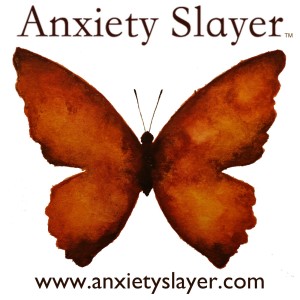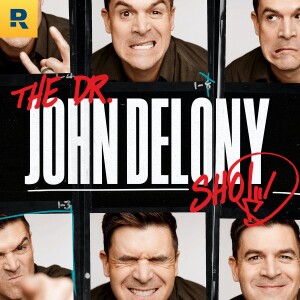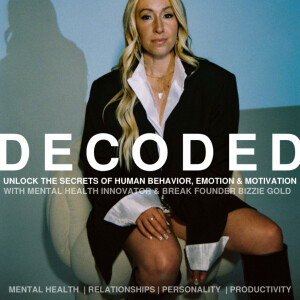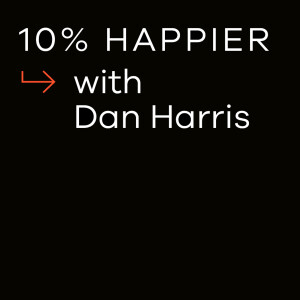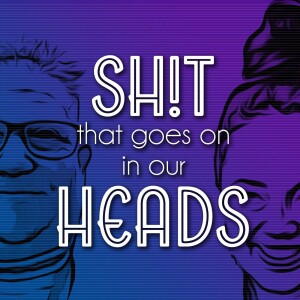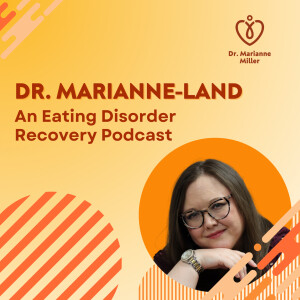

Quasi-Recovery Explained: When Eating Disorder Recovery Feels Incomplete
What happens when you're no longer engaging in dangerous eating disorder behaviors, but food still feels like it controls your life? In this episode, Dr. Marianne Miller unpacks the concept of quasi-recovery, a space that can feel both safer than active illness and yet not fully free.
Quasi-recovery often includes improved behaviors, such as more regular meals or weight restoration, but leaves behind the deeper work of healing food fear, body shame, and internalized rules. It can be an especially frustrating and lonely experience, because it is often praised by others even when it does not feel like real recovery on the inside.
Dr. Marianne explores how quasi-recovery can shape lifelong eating struggles and why people often get stuck there. This episode also considers how neurodivergent and marginalized folks are particularly vulnerable to staying in quasi-recovery when treatment does not address trauma, sensory needs, systemic harm, or body autonomy.
This episode covers:
-
What quasi-recovery is and how it shows up in daily life
-
Why healing requires more than just behavior change
-
How fear and food rules quietly persist in this phase
-
Why some people believe they will struggle with food forever
-
What a more liberating vision of recovery can look like
If you have ever wondered whether you are truly recovered or just surviving in a different way, this episode offers clarity, compassion, and hope. You do not have to stay stuck in a version of recovery that does not meet your full needs. There is more available to you.
CONTENT CAUTION:This episode discusses eating disorder behaviors, body image distress, and systemic oppression. Please take care while listening.
RELATED EPISODES ON QUASI-RECOVERY & ORTHOREXIA:- Orthorexia, Quasi-Recovery, & Lifelong Eating Disorder Struggles with Dr. Lara Zibarras @drlarazib on Apple & Spotify.
- Orthorexia Uncovered: Causes, Challenges, & Pathways to Healing on Apple & Spotify.
- An Orthorexia Recovery Story with Sabrina Magnan, @sabrina.magnan.health on Apple & Spotify.
Dr. Marianne Miller is a fat, neurodivergent eating disorder therapist and ARFID educator. She supports individuals recovering from ARFID, binge eating disorder, anorexia, bulimia, and quasi-recovery. Her work centers autonomy, sensory attunement, and liberation. It is also neurodivergent-affirming and trauma-informed. She provides Queer-affirming and gender-affirming care. Dr. Marianne is late-diagnosed autistic.
For those who connect with this discussion and suspect ARFID may be part of their experience, or for clinicians seeking to better understand this overlap, Dr. Marianne offers her ARFID and Selective Eating Course. This self-paced program provides neurodivergent-affirming strategies and tools to address ARFID, including its intersection with anorexia, in both teens and adults.
INTERESTED IN HANGING OUT MORE IN DR. MARIANNE-LAND?- Go to my website https://www.drmariannemiller.com
- Follow me on Instagram @drmariannemiller
- Look into my self-paced, virtual, anti-diet, subscription-based curriculum. It is called Dr. Marianne-Land's Binge Eating Recovery Membership.
- Check out my blog.
- Want more information? Email me at hello@mariannemiller.com
More Episodes
All Episodes>>You may also like
Create Your Podcast In Minutes
- Full-featured podcast site
- Unlimited storage and bandwidth
- Comprehensive podcast stats
- Distribute to Apple Podcasts, Spotify, and more
- Make money with your podcast


